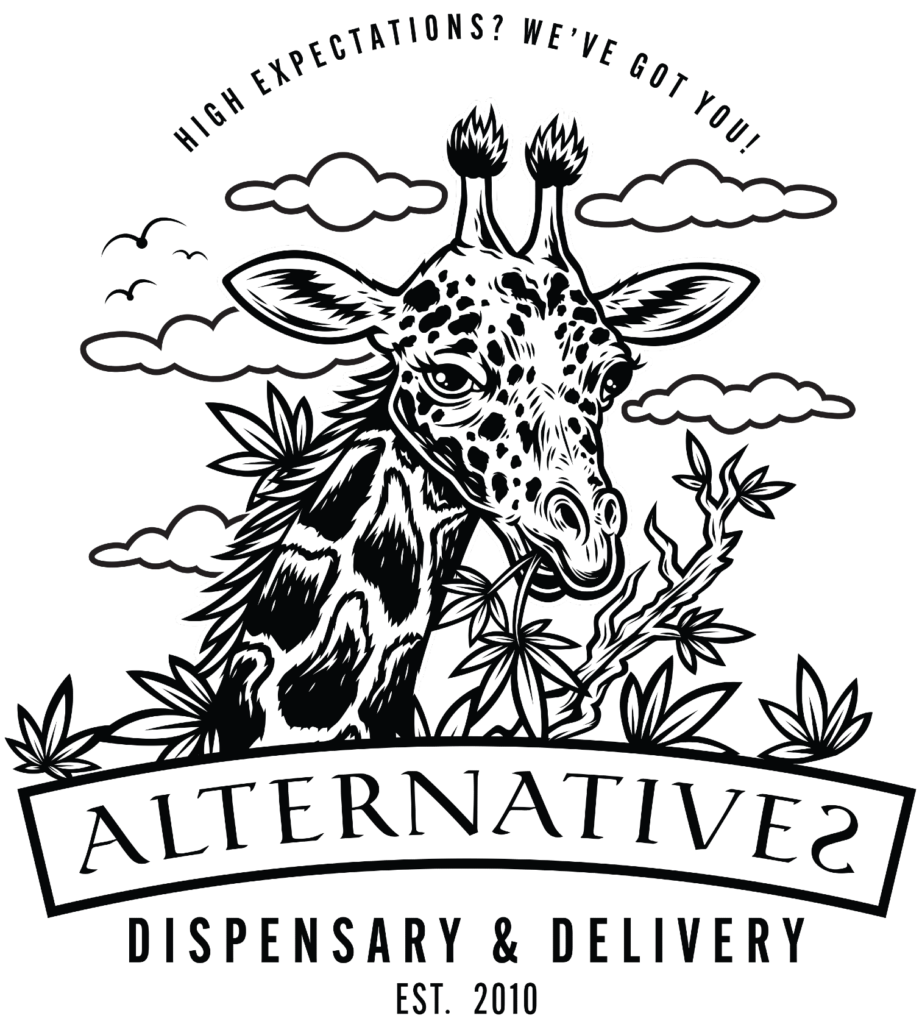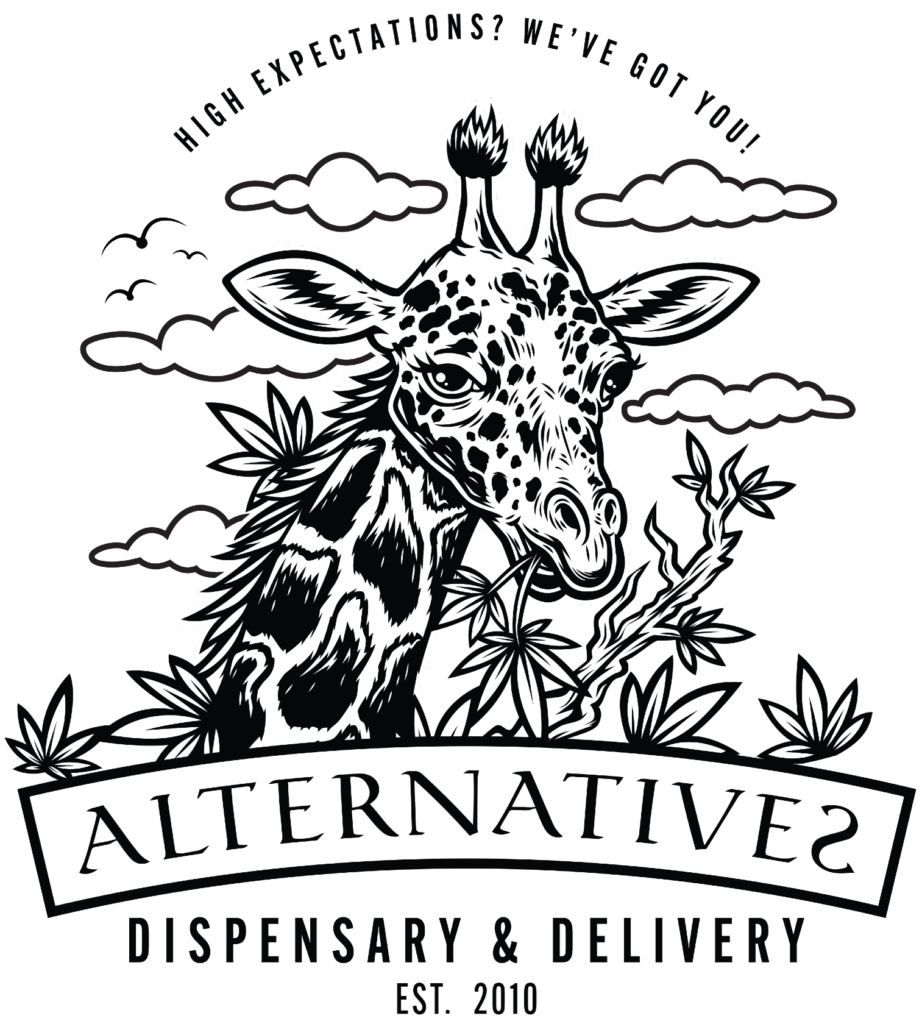What Is CBD Good For: Known Territories and Unexplored Realms
Cannabidiol (CBD): What Is CBD Good For?
Cannabidiol (CBD) is a natural compound found in cannabis plants, like hemp and marijuana. Unlike its psychoactive cousin THC, CBD doesn’t get you “high”. It’s been touted for a wide range of health benefits, from reducing anxiety and insomnia to relieving chronic pain and epilepsy. This has led to an explosion in its popularity, with CBD popping up everywhere from smoothies and coffee to sports bras and bath bombs. This article also highlights what CBD is good for.
How Is CBD Different From Marijuana? What Are the Effects of CBD on the Human Body?
While CBD comes from the same plant as marijuana, it’s a different molecule with different effects. CBD doesn’t cause euphoria or intoxication, and it’s generally considered safe. In fact, the World Health Organization says there’s no evidence of public health problems associated with pure Cannabidiol CBD.
Is It Legal?
The legal status of CBD is a bit complicated, but it’s generally legal in most parts of the United States. In 2018, the Farm Bill made hemp-derived CBD legal, which essentially means CBD from hemp is okay, but CBD from marijuana isn’t, even though they’re the same molecule. It’s always best to check your local laws to be sure.
What Are the Potential Health Benefits? What Is CBD Good For?
While more research is needed, there’s promising evidence for CBD’s effectiveness in treating certain conditions, including:
- Epilepsy: CBD has been shown to significantly reduce seizures in some forms of childhood epilepsy, and the FDA has approved a CBD-based medication for these conditions.
That’s great news! Research has indeed demonstrated the positive impact of CBD on individuals struggling with frequent seizures. Here are some specific benefits supported by studies:
Reduced Seizure Frequency: Studies exploring the use of CBD in treating various epilepsy types, including Dravet and Lennox-Gastaut syndromes, have shown significant reductions in seizure frequency for patients. In some cases, complete seizure cessation has even been reported.
- Anxiety and insomnia: Studies suggest CBD may help ease anxiety and promote better sleep. Unlike sleeping pills that depress the nervous system, CBD works subtly with the body’s natural sleep-wake cycle. It promotes relaxation and reduces stress hormones, calming an overactive system that disrupts sleep. By influencing our internal sleep/wake rhythm, CBD helps achieve better quality sleep and fight insomnia naturally.
- Chronic pain: CBD may help manage pain from arthritis, nerve damage, and other conditions. CBD has anti-inflammatory properties that can help reduce discomfort and chronic pain in the body. It works by repairing cellular damage, reducing oxidative stress, lowering pain signals, and promoting the normal recovery process. Studies have shown success in using CBD to treat neuropathic pain, multiple sclerosis, arthritis, and more, although more research is needed to fully understand how it works.
- Addiction: Early research suggests CBD could help reduce cravings for tobacco, alcohol, and other substances. Addiction often involves not only a physical dependence on a substance but also a deep-seated emotional and psychological attachment. CBD’s potential to address both aspects of addiction is what makes it an intriguing option for those seeking recovery. Its ability to alleviate anxiety and promote relaxation can help individuals manage withdrawal symptoms more effectively, while its potential to interact with the brain’s reward system may help to lessen cravings and reduce the allure of addictive substances.
Is CBD Safe?
CBD is generally well-tolerated, but it can cause side effects like nausea, drowsiness, fatigue, and irritability. It can also interact with certain medications, so it’s important to talk to your doctor before taking it.
Studies by the World Health Organization conclude that cannabidiol CBD is generally well-tolerated by most individuals, showcasing a positive safety profile. This is further reinforced by the U.S. Food and Drug Administration’s approval of Epidiolex, an oral CBD medication, for treating Lennox-Gastaut and Dravet syndromes, two severe forms of childhood epilepsy.
How Can I Take It?
CBD comes in many forms, including oils, capsules, edibles, vapes, and topical creams. The best way to take it depends on your needs and preferences.
The bottom line:
CBD has the potential to be a helpful tool for managing certain health conditions, but it’s important to approach it with caution and realistic expectations. More research is needed to fully understand its benefits and risks. If you’re considering trying CBD, talk to your doctor first and make sure you’re getting it from a reputable source.
Some Interesting Facts About CBD
Here are some proven facts about CBD.
No Mind-Altering Effects: Unlike its cousin THC, CBD offers therapeutic advantages without the “high” associated with traditional cannabis. This makes it ideal for those seeking natural relief without unwanted psychoactive effects.
Harmony with the Body: CBD interacts with the body’s endocannabinoid system, a network that influences mood, appetite, sleep, and more. By influencing this system, CBD may offer various health benefits.
Accessible and Legal: Hemp-derived CBD with less than 0.3% THC is legal in many regions, leading to diverse products readily available for purchase.
Medical Recognition: Epidiolex, a CBD-based medication, stands as the first and only FDA-approved treatment for two rare forms of epilepsy. This highlights the potential of CBD in the medical field.
Managing Anxiety: Studies suggest CBD’s potential to reduce anxiety, making it a promising area of research for mental health issues.
Combating Inflammation: CBD’s anti-inflammatory properties make it a potential tool for managing inflammatory conditions like arthritis, offering relief to sufferers.
Protecting the Brain: Research indicates CBD’s neuroprotective capabilities, showcasing its potential in neurodegenerative diseases and protecting the nervous system.
Diverse Product Forms: From oils and tinctures to capsules, gummies, topicals, dietary supplements, and even pet products, CBD caters to various preferences and needs, ensuring there’s a form that’s right for you.
Caution with Medications: CBD’s potential interactions with certain medications are crucial to consider. Always consult your healthcare professional before using CBD, especially if you’re on medication.
A Future Full of Discoveries: The field of CBD research is rapidly evolving, with ongoing studies exploring its potential benefits for pain, especially neuropathic pain, insomnia, and other conditions. This continuous exploration expands our understanding of this versatile compound.
Unlocking Your Inner Bliss: The Potential of Anandamide
Nestled within our bodies lies a fascinating molecule dubbed “anandamide” – aptly nicknamed the “bliss molecule” for its potential to influence our well-being in many ways. This naturally occurring compound interacts with CB1 receptors, the most abundant cannabinoid receptors in the brain, playing a key role in regulating various bodily functions and mental states. As research unlocks its secrets, anandamide emerges as a promising player in promoting health and happiness:
- Mood Magic: Studies suggest anandamide may be our natural mood booster. By interacting with CB1 receptors, it could help combat depressive symptoms by sparking feelings of joy and fostering a sense of calm.
- Cancer Crusader: Early research hints at anandamide’s potential to impede the growth of certain cancer cells, including those found in breast cancer. While further investigation is needed, this finding opens exciting possibilities in the fight against the disease.
- Gut Guardian: Anandamide’s anti-inflammatory properties may not only enhance our mood but also benefit our gut health. By potentially alleviating intestinal inflammation and reducing the risk of Leaky Gut Syndrome, it could contribute to a healthier digestive system.
- Heart Helper: Emerging evidence suggests anandamide may even play a role in cardiovascular health. Research indicates it could contribute to lowered blood pressure, offering potential benefits for those seeking to safeguard their heart health.
- Emotional Enhancer: Beyond physical well-being, anandamide’s interaction with CB1 receptors may promote emotional balance. Studies suggest it could help reduce anxiety, fear, and paranoia, potentially offering relief for individuals struggling with anxiety disorders and PTSD.
While much remains to be discovered about this fascinating molecule, the initial findings surrounding anandamide paint a promising picture. As research continues to delve into its secrets, we might uncover even more ways this “bliss molecule” can contribute to our overall health and well-being.
CBD’s Legal Status in the U.S.
Prior to the 2018 Farm Bill, navigating the legality of CBD posed challenges due to a lack of concrete regulations. However, the Farm Bill brought much-needed clarity and stability to the landscape.
Under this legislation, hemp, a cousin of marijuana with negligible THC content (less than 0.3% dry weight), and its naturally derived products, including CBD, are now federally legal within the United States. This offers significant support and removes ambiguity for those operating within the CBD industry.
Key Takeaways:
- Hemp-derived CBD is legal at the federal level thanks to the 2018 Farm Bill.
- The Farm Bill established clear parameters, requiring hemp and its products to stay below a specific THC concentration (0.3% dry weight).
- This legislation provides stability and support for businesses and individuals involved in the CBD industry.
Can You Get Addicted to CBD?
Extensive research, including by the WHO, confirms: CBD is not addictive! Unlike drugs and alcohol, it doesn’t trigger dependence pathways in the brain. So, while CBD may offer natural relief, you won’t crave more like with addictive substances. Remember to consult your doctor before starting CBD, but overall, feel free to relax and enjoy its potential benefits without addiction concerns.
Not All CBD is Created Equal: Buyer Beware!
While CBD products seem to be everywhere these days, remember: they’re not all the same. With the industry still largely unregulated, it’s crucial to be your own advocate and choose wisely.
Think of it like buying vitamins: you wouldn’t grab the first bottle off the shelf without checking the ingredients, right? Same goes for CBD. Still, the question looms: Is CBD safe? Do your research and prioritize safety.
Your best friends? Lab reports and certificates of analysis. These documents, like Vena’s, reveal exactly what’s in the product, ensuring quality and transparency. Skip them, and you’re taking a gamble.
Ready to dive into the world of CBD? Choose wisely, and choose Vena. We prioritize quality and transparency, so you can focus on enjoying the benefits.
Know What You’re Putting in Your Body: The Importance of 3rd Party Lab Tests for CBD
CBD is generally safe, but always check for a 3rd party Certificate of Analysis (COA) to ensure quality and safety.
Why are lab tests important?
- Reveal contaminants: Some farmers use pesticides, heavy metals, and solvents during growth. Lab tests ensure these are absent.
- Verify potency: Make sure the advertised CBD amount is accurate.
- Identify unhealthy additives: Some companies add harmful ingredients. Lab tests reveal them.
Choose wisely, choose informed. A COA empowers you to make safe and effective CBD choices.
Final Words
- CBD is not a miracle cure. It’s important to manage your expectations and remember that it may not work for everyone.
- Not all CBD products are created equal. Do your research and choose a product from a reputable source.
- CBD is currently unregulated, so there’s no guarantee of its quality or purity. Be cautious when buying CBD products.
You can buy authentic products from Alternatives CA’s dispensary in Santa Rosa. For more information, get in touch with us here.

